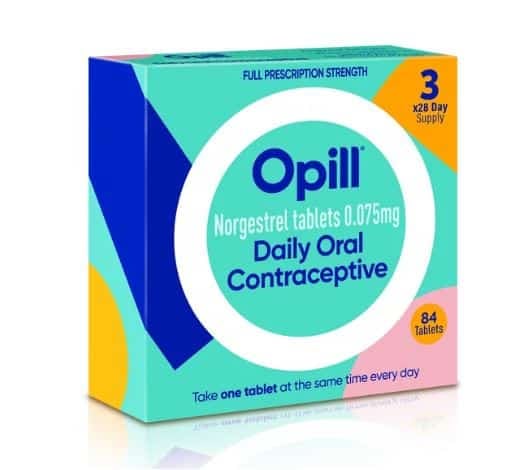FDA Panel Endorses OTC Sale of Birth Control Pill

WASHINGTON — A panel of federal health advisors voted unanimously on Wednesday to approve the first over-the-counter sale of a medical contraceptive.
The vote came at the end of a two-day meeting during which the panel, which offers nonbinding recommendations to the Food and Drug Administration, debated whether women could safely take the pill — Opill — without supervision by a health care professional.
The medication has been available by prescription for decades, but if the FDA itself approves of its over-the-counter sale, it could significantly expand access to contraception, particularly to those women who live a long way or have other difficulties in getting to a doctor.
Perrigo Company, a global provider of consumer self-care products, first asked that it be allowed to sell Opill over-the-counter last July, shortly after it acquired the rights to the drug with its buyout of Paris-based HRA Pharma. HRA Pharma had bought the pill from Pfizer in 2014.
Though it is not currently marketed as an over-the-counter drug in the U.S., Opill is sold without a prescription in the U.K.
Among the issues debated Tuesday and Wednesday were how drugmaker Perrigo analyzed the medication, including questions about whether study participants were able to understand and follow labeling instructions.
Opill was first approved for use in the United States in 1973 based on data that showed it was more than 90% effective in preventing pregnancy when taken daily.
Perrigo’s primary study tracked nearly 900 U.S. women taking its pill without professional supervision for up to six months.
The group included women of different ages, races, educational and cultural backgrounds. For the purpose of the study, they tracked and recorded their use of the pill, including whether they followed instructions to take it during the same three-hour window each day.
But after the study was concluded, the FDA identified a problem: Nearly a third of the women erroneously reported taking more pills than they were actually supplied.
At the same time, it found that women at risk of severe complications, including those with breast cancer or subject to unusual vaginal bleeding, concluded Opill would be appropriate for them to take, despite warnings on the label advising them to consult a doctor first.
In the end, however, the panel concluded the benefits to over-the-counter approval outweighed its concerns.
Most birth control pills currently used in the U.S. contain a combination of progestin, which helps block pregnancy, plus estrogen. The addition of estrogen can help make periods lighter and more regular but it also carries the risk of rare blood clots.
Opill is part of an older class of contraceptives that only contain progestin, which makes it a safer option with fewer side effects. The downside is they can also be less effective if they’re not taken around the same time daily.
If the FDA adopts the panel’s recommendation this summer, Perrigo has said it could start supplying stores by the end of the year.
Dan can be reached at [email protected] and @DanMcCue

























